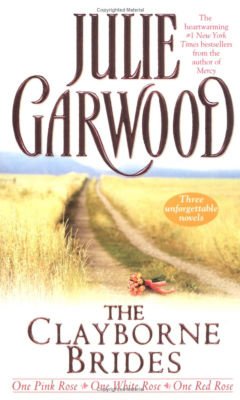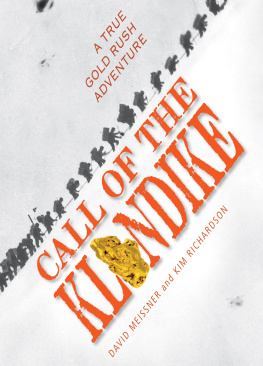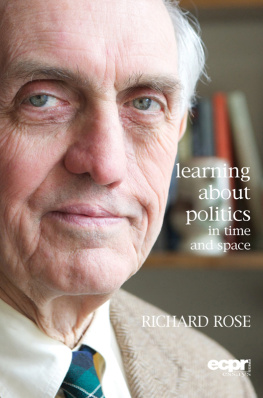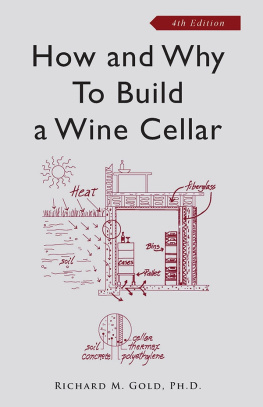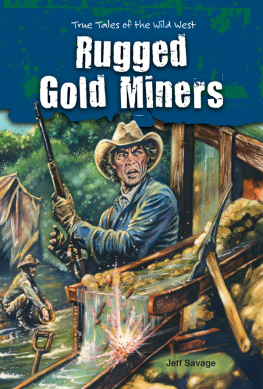After the Absolute

Richard Rose, 1917-2005
After the Absolute
The Inner Teachings
of Richard Rose
David Gold
with
Bart Marshall
REALFACE PRESS
Published by Realface Press
info@realface.com
David Gold 2002
ISBN: 9781795850988
Also Published by Realface Press
Christ Sutras : The Complete Sayings of Jesus
from All Sources Arranged into Sermons,
compiled and composed by Bart Marshall
Bhagavad Gita : The Definitive Translation,
translated by Bart Marshall
The Perennial Way , Extended Edition,
translated by Bart Marshall
The Triune Self : Confessions of a Ruthless Seer,
by Mike Snider
The Conquest of Illusion , by J.J. van der Leeuw,
th Anniversary Edition, edited by Bart Marshall
Think and Grow Rich , by Napoleon Hill,
th Anniversary Edition, edited by Bart Marshall
Letters of Transmission : The Enlightenment Method
of Zen Master Alfred Pulyan , edited by Bart Marshall
Magic, White and Black , by Franz Hartmann, M.D.,
edited by Bart Marshall
The Torah : The Five Books of Moses
King James Bible Readers Version, by Bart Marshall
Pearl of the Orient , screenplay by Bart Marshall
Verses Regarding True Nature , poems by Bart Marshall
Contents
Forward
Chapter 1. The Meeting
Chapter 2. The Invitation
Chapter 3. Benwood
Chapter 4. The Absolute
Chapter 5. The Path
Chapter 6. The Farm
Chapter 7. After the Absolute
Chapter 8. The Intensive
Chapter 9. Happiness
Chapter 10. Between-ness
Chapter 11. The Chautauquas
Chapter 12. Transmission
Chapter 13. Citizen Rose
Chapter 14. Success
Chapter 15. Entities
Chapter 16. The Krishnites
Chapter 17. Murder
Chapter 18. The Gun
Chapter 19. The Stagehand
Chapter 20. Isolation
Chapter 21. Seduction
Chapter 22. Nostalgia
Chapter 23. Fear
Chapter 24. Outcast
Epilogue

Richard Rose (upper right)
with his mother and brothers
Foreword
by
Joseph Chilton Pearce
Acknowledgments of greatness are generally postmortem. We seem to need a bit of psychological distance to see the full stature of some fellow human if that stature is out of the ordinary. The Roman church grants sainthood only well after the fact, usually, when the possibility of actual contact with said saint would take a bit of doing.
This allows and encourages what Mircea Eliade spoke of as mythological overlay, in which we tend to attribute greater-than-life characteristics to a deceased person. Thus Abraham Lincoln grew so strong posthumously that he reportedly had picked up a chicken house seven men couldnt lift and carried it ten miles, the weight and mileage increasing with the passing years.
Eliade also points out, however, that such overlay doesnt take place with ordinary persons; only genuine heavy-weights are apt to bring on this historic process. So beneath the fanciful hyperbole with which we deck our dead heroes generally lies a personage powerful enough to attract such fancies. Over time such theatrics add to that very magnetic attraction for overlay, leading to inevitable distortion, but there is generally fire somewhere beneath all that tale-telling smoke.
In regard to someone still with us, however, we generally hear the equivalent of that famous query: Can any good come out of Galilee or, in the case of Richard Rose, the West Virginia mountains? A reporter once went to Oxford, Mississippi to gather impressions held by the local citizenry concerning their famous native son, Nobel laureate William Faulkner. William who? was the common rejoinder, You mean Bill Faulkner ? That old drunk ? Indeed, a prophet is not without honor.
In the case of Richard Rose, the subject of the following chapters, we find neither a Nobel Laureate nor an old drunk, but a West Virginia farmer who had, all evidence indicates, achieved the highest spiritual state, that spoken of in classical eastern terms as one with God. Even more heretical to our western ears is Roses own comment of having become God.
Just as expressed in the old adage: If youre so smart, why arent you rich? our first reaction to the report of a West Virginia farmer having become one with the Absolute would be Why wasnt he on the cover of Time magazine? Or, Why hasnt anyone heard of him? Where was his following? Who were his PR managers and business accountants? Where were his bank accounts in Switzerland, his hideaways in the Bahamas or Fijis?
David Gold intends that we should, indeed, hear of Richard Rose. From early college days, Lawyer Gold was a student of Rose, and hung in there for decades, surviving Roses disciplinary demands. Now, with help from his friend and fellow-student, Bart Marshall, Gold has given us an account of this most unordinary of farmers, as seen by one disciple. Gold worked fifteen years on this manuscript, and our debt to him is incalculable. For here is what will surely prove to be a timeless and classic spiritual treatise.
Further, Golds telling of this tale is one of the most gripping, intensely interesting, dramatic, and indeed romantic-heroic-mythic, yet poignantly human accounts I have ever read. It would make a fantastic, if unbelievable film, and is a profoundly important document. This book throws light on the perennial what-and-why enigma of our species, reveals the makings of a new cosmology, and surely gives glimpses into as-yet undeveloped potentials we humans hold within us. That all this is found in an utterly absorbing narrative proves the old adage that truth is stranger than fiction.
As the narrator of the following, David Gold is everyman, the archetypical human longing to transcend that destructive dark shadow that haunts our species. Gold speaks to me because he is speaking all for us, and his account is not just a superb narrative but the universal drama, with the evolution of a species the underlying plot.
Richard Roses own history proves yet another adagethat the creative spirit that sparks things bloweth where it listeth and no man knows its comings and goings. Rose, while coming out of a Catholic background, went beyond any and all inherited frameworks, and calls to question nearly every notion we have of religions in general and the making of a saint or man of God in particular.
Surely the ironclad and rather mechanistic, inviolable lock-step stages of enlightenment espoused by popular spiritual philosophers is called to question by the likes of Rose. While an intensely self-disciplined man, with a steely self-control, Rose followed no set discipline in his search for self, and his actual moment of awakening to his true nature came out of the most unlikely of all possible trigger-events, and in the most unexpected way. (Which actually bears out the truth of what a will-o-the-wisp spirit is.)
Rose thunders at us the conventional theme that our first and greatest challenge as humans is to become aware of who we are. Equally he states both an eastern and Gospel truism that we are ourselves the very God we so avidly seek elsewhere. In his ceaseless attempt to get his students to see who he was and become likewise, Rose employed non-ordinary phenomena of the first order, the heady stuff of miracles, that food for the egos power-hunger that feeds so much of our new-age literature (though possibly few souls, as found in the Gospels, nothing new here.)
Becoming one with the Absolute, or going beyond ones fragmentations into a state of wholeness, leads to miraculous powers, it seems, but miraculous powers can be had without becoming one with the Absolute, and Roses focus was on that unity-state, not miraculous gimmicks. I saw fakirs in India who could do things that defied every concept we have concerning realitywho could completely reverse the ordinary causal processes of our world, within their own straits. But these were psychic phenomena and the gulf between psychic and spiritual is wide. The spiritual can encompass and even engender the psychic, but not the other way around, just as the infinite contains the finite, but not vice-versa.
Next page


